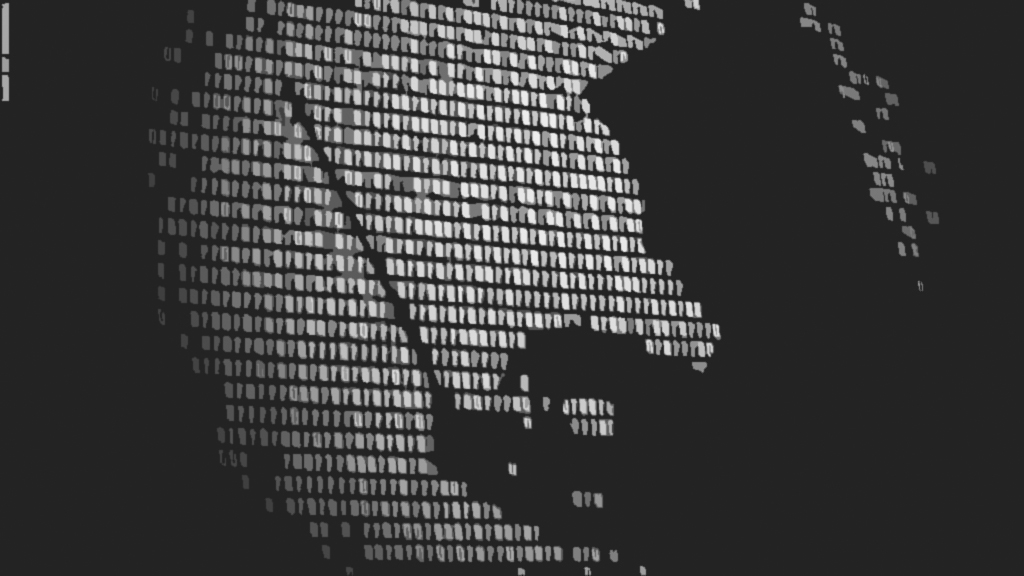
by medicaltechont | Jan 3, 2016 | Canada, Privacy, Security, Technology, The Internet
Canada is lagging behind the U.S., Britain and other countries in defending citizens and businesses against malicious hackers and cyber-criminals, say numerous groups involved in trying to police the internet.
“We’re failing, we’re falling behind,” warns Katherine Thompson of the Canadian Advanced Technology Alliance, one of Canada’s largest private-sector high-tech advocacy groups.
“We cannot continue down the path that we’re on right now,” she told CBC News. “We just went through a very long federal election where not one of the major party leaders discussed cyber-security.”
Click here to read more.
http://www.cbc.ca/news/technology/canada-cybercrime-hacking-seglins-1.3312153
by medicaltechont | May 24, 2014 | Cloud, EHR, Ontario, Privacy, Software, Technology, The Internet
Is your cloud (online web-based) application vulnerable to hackers? Do you even know if the OpenSSL security flaw and bug affected your important data? Are you paying attention to your investment? Or do you even care?
With many moving full steam ahead with cloud-based solutions, recent developments have casted a slight shadow on the security of patient data and how much risk a medical practitioner is willing to take with personal medical information in the cloud.
When you visit the doctor, nurse practitioner or other health professionals there is a trust developed; whereby your confidentiality is respected and observed. As a patient you assume that all efforts are taken to uphold that trust. You assume that your personal medical data is secure from the prying eyes of others. However do you really know if your personal information is safe? It’s amazing to know that so many regular individuals assume, in Canada, that their personal information, located within a Doctor’s office, is 100% safe and secure. But what happens if they find out that there was a breach in security? What happens if a patient came to view results of something extremely important, only available within your EMR or medical software, and your “Internet” connection is down? What do you tell the patient? Are you certain that your medical information is safe?
Read: Cisco and Heartbleed, A Class Action Lawsuit In The Making (Seeking Alpha)
Although the term “online web based billing software” is the new buzz word, not all solutions have to be cloud-based. Many use terms like “bill from anywhere“, or “use any web-browser“, yet there are alternatives, which still allow you to be in control or your data. Many companies will never tell you how often their networks are down. Fear is used scare individuals into thinking that their equipment is safe with their company. “ 99% up-time“, is the standard default line for most online and cloud providers. However, as a medical professional, you assume the risk to your reputation and medical license. Patients believe that “you” and your medical practice are in trust of their personal medical and critical information. We all know, once trust is broken it is often difficult to repair.
Good luck trying to blame your technical problems on others when your cloud application is down (offline), your web-based provider was hacked (losing personal patient information) or even have disappeared with your data (bankrupted). Some comments from online vendors are shown below.
” Sorry about that folks, someone literally drove over our Internet connection this morning and ripped it from the pole. Everything restored.”
“The six-hour outage of Cerner’s network late last month has raised fresh concerns about cloud hosting of patient records.”
“ Target ignored its own alarms—and turned its customers into victims of an epic hack“(Bloomberg Businessweek)
“EBay initially believed user data safe after cyberattack“(Toronto Sun)
If your medical patient records are in the cloud ask yourself the following questions.
- Who actually has your data?
- Where, on planet Earth literally, is your data located?
- Are their cloud servers in Canada? The U.S.? Overseas? Or in an undesirable location in another country?
- If your patient data is in a foreign country what laws govern access to that information?
- Who is actually looking at your entrusted patient data?
- What is the risk and liability to your medical practice?
When choosing a vendor, for your medical software, never assume that the data within their office. Ask questions, first and never assume. Servers could be anywhere.
“If the cloud that hosts your data has servers in a foreign country, the laws of that foreign country may govern your data when stored in that server.”
Think of a more balanced approach to medical file management and health records. There are options to mobility that will not compromise your medical data. Just because it looks cheap, bleeding edge and downright “cool”, does it make it the best solution for you?
You can survive without your Facebook page, even Microsoft Word online for a while, but what about your medical records, lab reports and more; in relation to your office, or hospital? Under some certifications and requirements today EMR is considered a medical device; which must operate and function in a specific manner. If medical records and software were like a pace-maker, how much risk would you take?
by medicaltechont | May 23, 2014 | Technology, The Internet
Regulatory trouble is brewing for eBay on both sides of the Atlantic, with watchdogs making plans to investigate how a recent security breach occurred.
eBay is facing a possible European investigation into the breach of its systems, following the launch of a joint probe by three US states into how the auction company handles security.
Details compromised in the breach, which were made public earlier this week included customers’ names, encrypted passwords, email addresses, physical addresses, phone numbers and dates of birth. eBay hasn’t said how many of its more than 145 million customers’ details were compromised, however.
Read more:
http://www.zdnet.com/uk/uks-data-watchdog-eyes-probe-into-ebays-very-serious-breach-7000029811/

by medicaltechont | Mar 20, 2014 | Canada, Cloud, Hardware, Technology, The Internet
If you think you don’t have data security issues, you’re probably wrong. In a survey by the Ponemon Institute, 94 percent of health care organizations reported a data breach in the past two years. The firm pegged the cost of such breaches in the U.S. at close to $200 per record.
That would amount to no small drain on the system. Breaches involving more than 29 million patient health records have been reported to the U.S. Secretary of Health and Human Services since 2009, according to a February 2014 study by IT security firm Redspin.
And there’s no sign that the risk will subside anytime soon. Quite the opposite, in fact. Experian wrote in a recent report: “Healthcare, by far, will be the most susceptible to publicly disclosed and widely scrutinized data breaches in 2014.” That’s in part because as the industry grows, so does its “attack surface.” Understandably, health care professionals prefer to focus on looking after their patients. But organizations that encourage every team member to think a bit more like an IT security analyst stand the best chance of avoiding data breaches and other IT problems.
See more at: http://medcitynews.com/2014/03/6-health-risks-cant-afford-ignore/

by medicaltechont | Mar 17, 2014 | Healthcare, Ontario, The Internet
Since they came into the world, baby boomers have been changing it. The U.S. Census Bureau defines a baby boomer as someone born between 1946 and 1964 — that makes them 75 million strong. Now that they are reaching retirement age at the rate of three million per year, baby boomers are poised to change the face of healthcare with technological advances that meet their demand for smart, savvy and easy solutions to cope with the issues of aging.
Baby boomers are definitely embracing new technologies. According to a 2012 study by Pew Internet Research, 80 percent of baby boomers use the Internet, and 46 percent use a smartphone and are familiar with downloading apps. Up to 84 percent of them are using that Internet access to search for information on healthcare. As baby boomers age and face more health issues, including the treatment of chronic diseases, technology will be forced to grow and change faster than ever to keep pace.
Read more
by medicaltechont | Apr 21, 2008 | Technology, The Internet
A few months back, I told you about how my neck had gone bad, really bad. At that time, I was in the middle of a six-month dive into pain, alleviated only by gobbling unwholesome quantities of Percoset. Three weeks ago last Friday, I had an amazing surgery that relieved my pain and gave me a neck that feels 20 years younger.
read more | digg story




